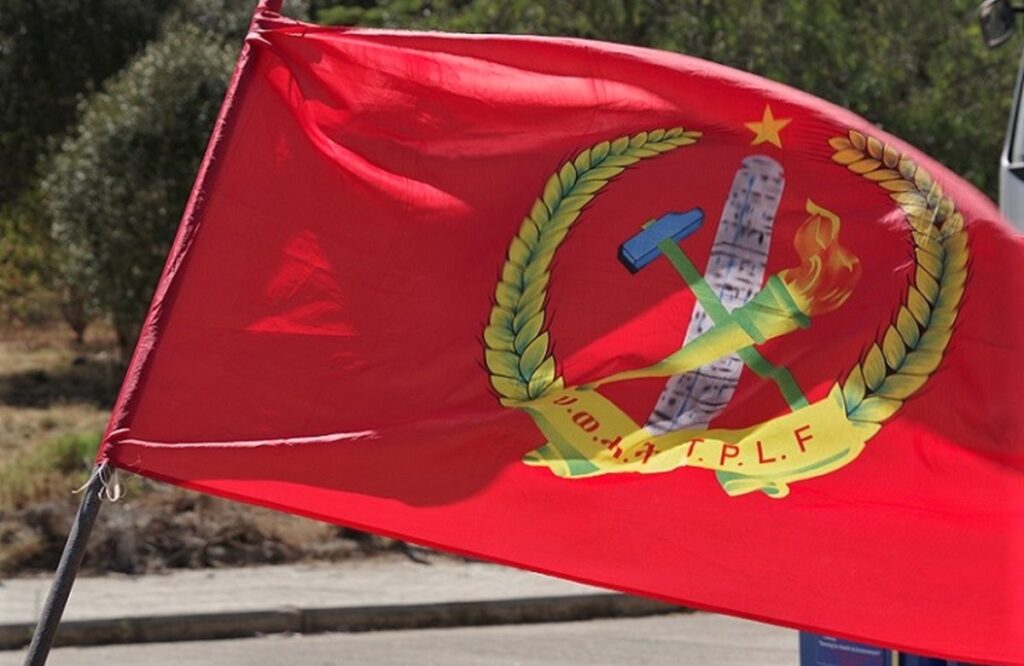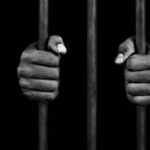Addis Ababa, May 14, 2025 — The National Election Board of Ethiopia (NEBE) has officially annulled the legal status of the Tigray People’s Liberation Front (TPLF), citing the party’s failure to meet key conditions set forth under a provisional registration framework. The revocation, which came into effect on May 5, 2025, follows the expiration of a deadline NEBE issued earlier this year.
According to NEBE’s statement, the TPLF did not comply with the requirements of Proclamation No. 1332/2016, which governs the registration of political organizations under exceptional conditions—including groups with a history of armed struggle. TPLF’s provisional recognition in August 2024 was conditional on holding a general assembly within six months and notifying NEBE 21 days in advance for monitoring purposes. The party did not meet these conditions, the Board said.
The TPLF, which marked its 50th anniversary earlier this year, argues that its legal status was already restored under the terms of the 2022 Pretoria Cessation of Hostilities Agreement, signed to end the two-year northern Ethiopia conflict. The group contends that the peace deal includes provisions ensuring the resumption of its political participation without re-registration. NEBE has rejected this interpretation, maintaining that the agreement does not override existing national laws.
In response to the revocation, the TPLF has accused both NEBE and the federal government of backtracking on commitments made during peace negotiations. The party stated that it had postponed its congress in mid-2024 based on informal assurances from federal actors, only to resume it in August—an action that reportedly led to internal divisions.
TPLF leaders now argue that their treatment sets a troubling precedent, especially when contrasted with how emerging armed groups like Fano are being handled. “The law NEBE applies may be suitable for newly forming groups, but our case is unique,” the party said in a statement.
NEBE has maintained that it is bound by the current legal framework and that there is no pathway under existing Ethiopian law to automatically reinstate a previously deregistered party. Instead, NEBE insists that TPLF must undergo the standard registration process—something the party has refused to do.
The electoral board also cited Article 99 of Proclamation No. 1162/2019, which outlines the implications for parties whose legal status is canceled. The provision prohibits dissolved parties from engaging in political activity, requires that any debts be settled using the party’s assets, and mandates that remaining resources be allocated to civic and voter education initiatives.
This latest development effectively reinstates NEBE’s January 2021 decision that initially banned the TPLF from political activity due to its involvement in armed conflict. Though that decision was later softened following the Pretoria peace deal, NEBE’s latest move signals a significant regression in the party’s legal recognition.
The TPLF is now calling on international guarantors of the Pretoria Agreement—including the African Union, IGAD, and other stakeholders—to intervene. The party maintains that failure to uphold the terms of the agreement could erode trust in the fragile peace process.
“The Pretoria Agreement is not just a document for us; it is the cornerstone of our political future,” the TPLF stated, pledging to continue engaging in the peace process despite what it describes as unilateral actions by federal institutions.

